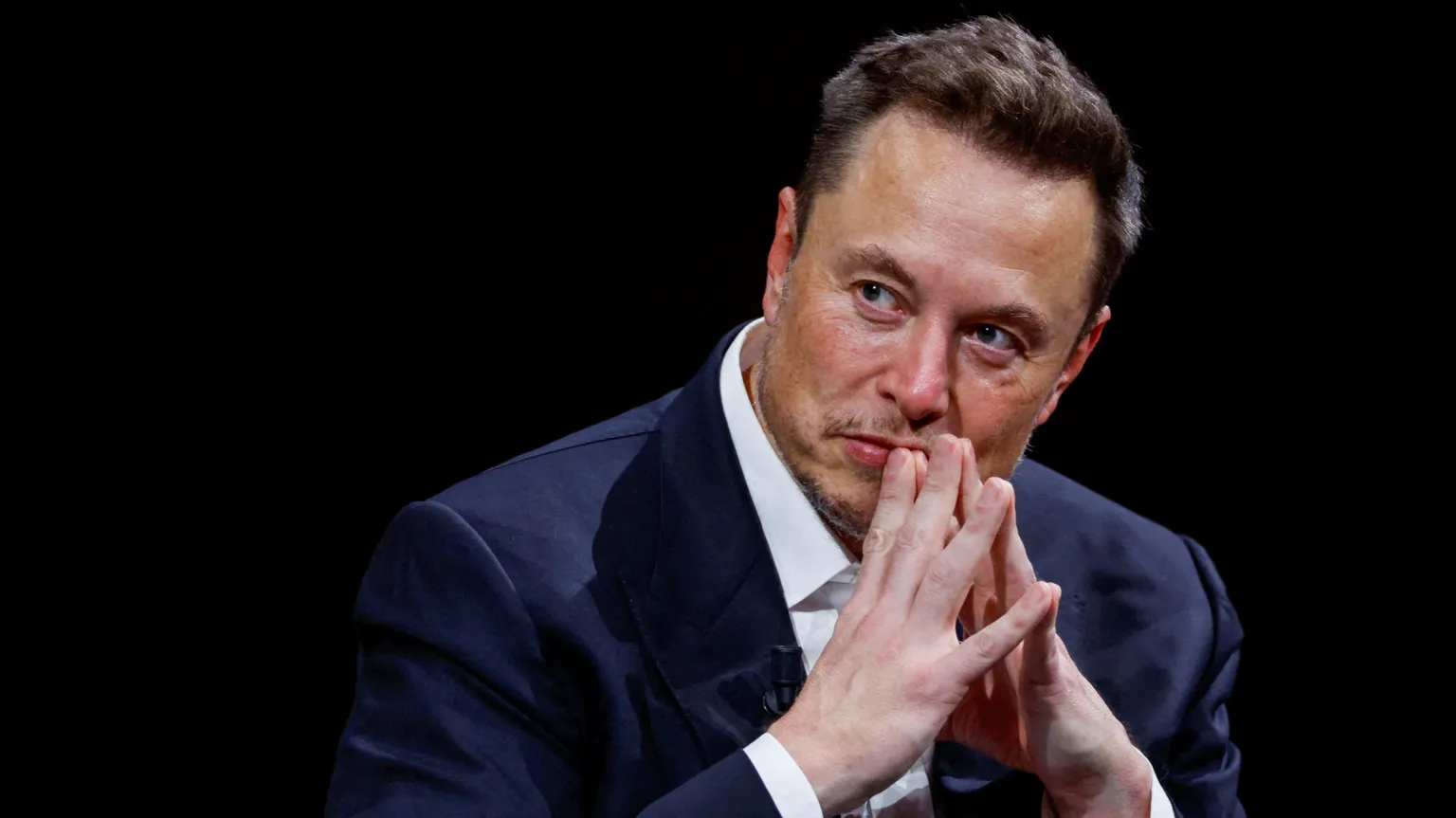
Tesla shareholders accepted Elon Musk's $1 trillion compensation agreement.
Currently recognized as the world's wealthiest individual, Musk's massive payout hinges on him dramatically boosting the electric car company's market value over the next decade. If he successfully hits various ambitious targets, he stands to gain hundreds of millions of new shares. While the sheer size of the potential reward has drawn considerable criticism, Tesla's board argued that approving the package was essential to prevent Musk from potentially leaving the company, a loss they claimed Tesla could not afford.
Following the announcement, Musk made a lively appearance on stage in Austin, Texas, dancing to cheers of his name. He declared, "What we're about to embark upon is not merely a new chapter of the future of Tesla, but a whole new book," adding with his characteristic flair, "Other shareholder meetings are snoozefests but ours are bangers. Look at this. This is sick."
To fully unlock his payout, Musk must guide Tesla to an incredible market value of $8.5 trillion, a significant leap from its current $1.4 trillion valuation. Another key objective involves launching a million self-driving Robotaxi vehicles into commercial operation. However, his initial remarks on Thursday heavily focused on the Optimus robot, disappointing some long-time analysts and Tesla observers who hoped for a renewed emphasis on the company's core electric vehicle business.
Gene Munster, managing partner at Deepwater Asset Management, posted on X, urging people to consider Musk's priorities: "Let it sink in where Musk's head is at. His vision of the 'new book' starts with Optimus. No mention of cars, FDS and robotaxi yet." Later in the meeting, Musk did touch upon FSD, or full-self driving, controversially stating that the company was "almost comfortable" with drivers "texting and driving essentially." This comes as US regulators continue to investigate Tesla's self-driving feature due to multiple incidents, including cars running red lights, driving on the wrong side of the road, and some resulting in crashes and injuries.
Despite these controversies, Tesla shares saw a slight uptick in after-hours trading and have climbed over 62% in the last six months. However, sales have dipped since Musk's alignment with former US President Donald Trump, a political relationship that dissolved this past spring.
Ross Gerber, a Tesla shareholder and CEO of investment firm Gerber Kawasaki, told BBC News that Musk's pay deal is "another notch in the unbelievable things that you see in business." Gerber highlighted that while Musk's goals for Tesla are clear, the company faces numerous challenges, including a struggling financial performance. Gerber also expressed skepticism about a massive demand for humanoid robots and pointed out the stiff competition Tesla faces in the robotaxi sector from rivals like Waymo. Citing concerns over "the polarization of [Musk's] persona" which he believes has "demolished the value of the brand," Gerber's company recently reduced its stake in Tesla. He bluntly stated, "Elon seems to be divorced from the reality that his opinion among the public is so low."
In contrast, Dan Ives, a tech analyst at Wedbush Securities and a long-standing supporter of Musk's leadership at Tesla, labeled him "Tesla's biggest asset" in a post-vote note. Ives added, "We continue to believe that the AI valuation is getting unlocked, and we believe the march to an AI driven valuation for TSLA over the next 6-9 months has now begun."
Musk already held a 13% stake in Tesla, and shareholders had twice previously approved a pay package worth tens of billions for him after he successfully achieved a tenfold increase in the company's market value. However, a Delaware judge later invalidated that pay deal, ruling that Tesla's board members were too closely connected to Musk. In response, Tesla reincorporated from Delaware to Texas, and the Delaware Supreme Court is currently reviewing the lower court's decision.
The new pay package faced opposition from several prominent institutional investors, including Norway's sovereign wealth fund (the world's largest national wealth fund) and the California Public Employees' Retirement System (CalPERS), the largest public pension fund in the United States. This left Musk more dependent on Tesla's unusually large base of individual retail investors. Both Musk and his brother Kimbal, who also serves on the Tesla board, were permitted to vote at Thursday's meeting.
In the weeks leading up to the meeting, Tesla's board of directors actively campaigned for Musk's new pay package through a marketing blitz, a move that raised eyebrows among some corporate governance experts. A video on votetesla.com, for example, featured board chair Robyn Denholm and director Kathleen Wilson-Thompson praising Musk.